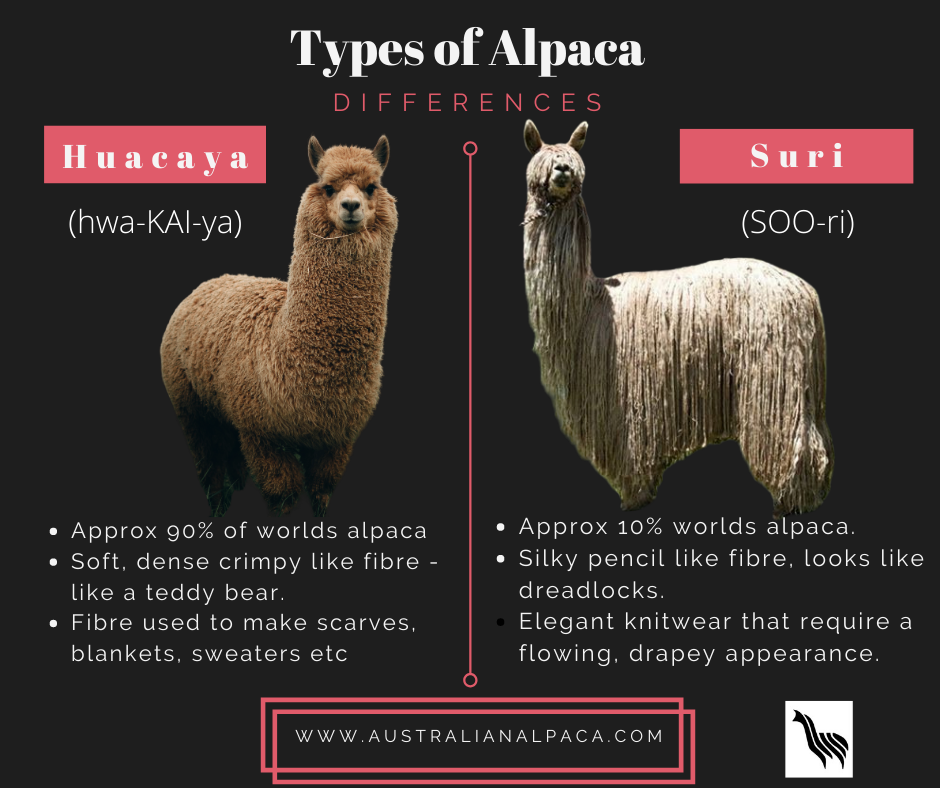Though we had a nasty start to the season due to the effects of prolonged drought exacerbating the fire season, and now the current Covid19. We now have predictions for a wet winter.
With rainfall comes insects and parasites, and we are reminding alpaca owners to remain vigilant as we approach winter, especially since we have been enjoying warmer weather right through to late April.
Conditions are right in many regions for insect populations to ramp up, which is reportedly already happening with flies across Australia’s central region and brings a host of issues for livestock owners.
Pasture growth is always a blessing, however, it can drastically increase survivability for internal and external parasites in paddocks. That means greater monitoring to ensure the health of our alpacas.
Conditions from tics due to the remaining warmth keeps them active in the ground, roaming snakes seeking shelter and food, ryegrass seed complications, weed poisoning and conditions such as rickets, barbers pole and staggers, just to name a few.
We recommend you visit the Australia Alpaca Association for a list of known weeds, plants and tree’s that are toxic to alpacas.
Wet weather also brings us an ample growth of wild mushrooms so please remove them safety with gloves and dispose of carefully.
If we do have a wet winter, parasite control is another thing to consider, as the seasonal conditions have meant there are much higher risks of worms and flystrike in some areas. So please ask your vet to conduct a worm count before drenching and remember - paddock rotation is the best natural method you can do.
If you have coloured alpacas we recommend ADE for this time of the year - vitamin boost for colours but also recommend for all.
Feel free to talk to us about which appropriate worming/drenching method to use.
Here’s a photo of me with one of my breeding girls, Neve.
Daniela
If you are looking at starting your own herd of alpacas keep an eye on our website on alpaca sales or join our mailing list for the next herd dispersal sale.


























